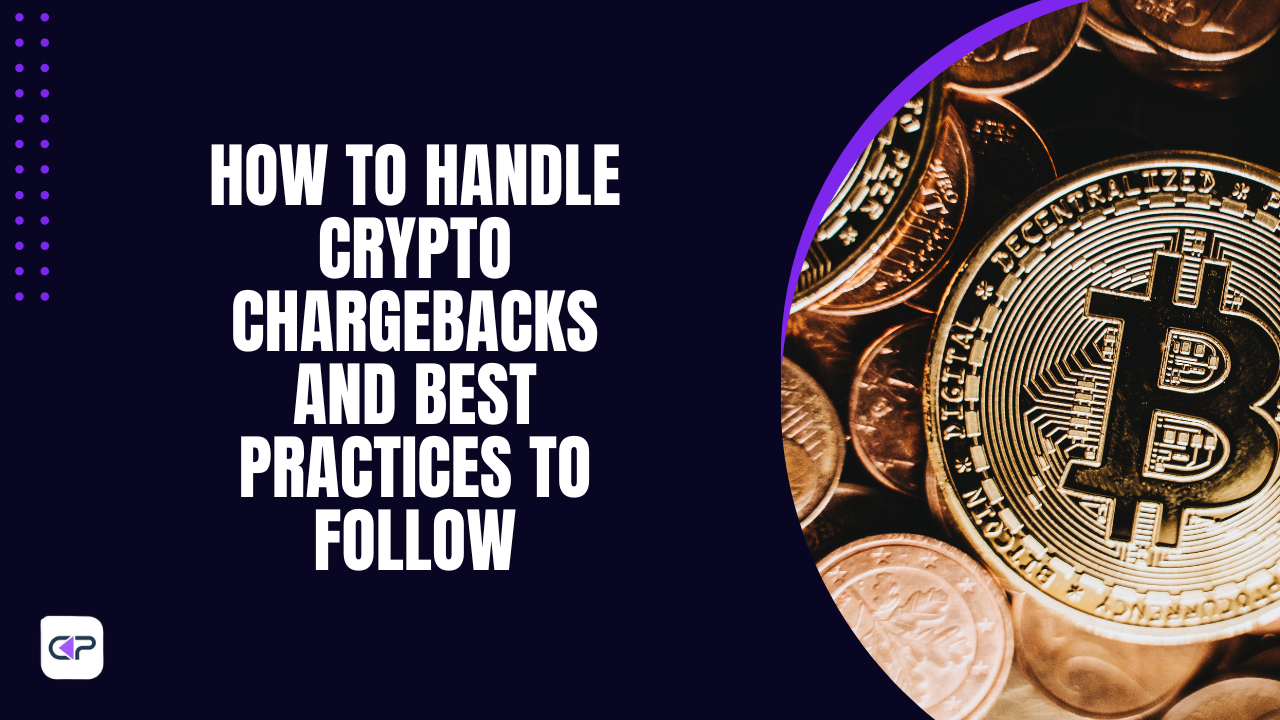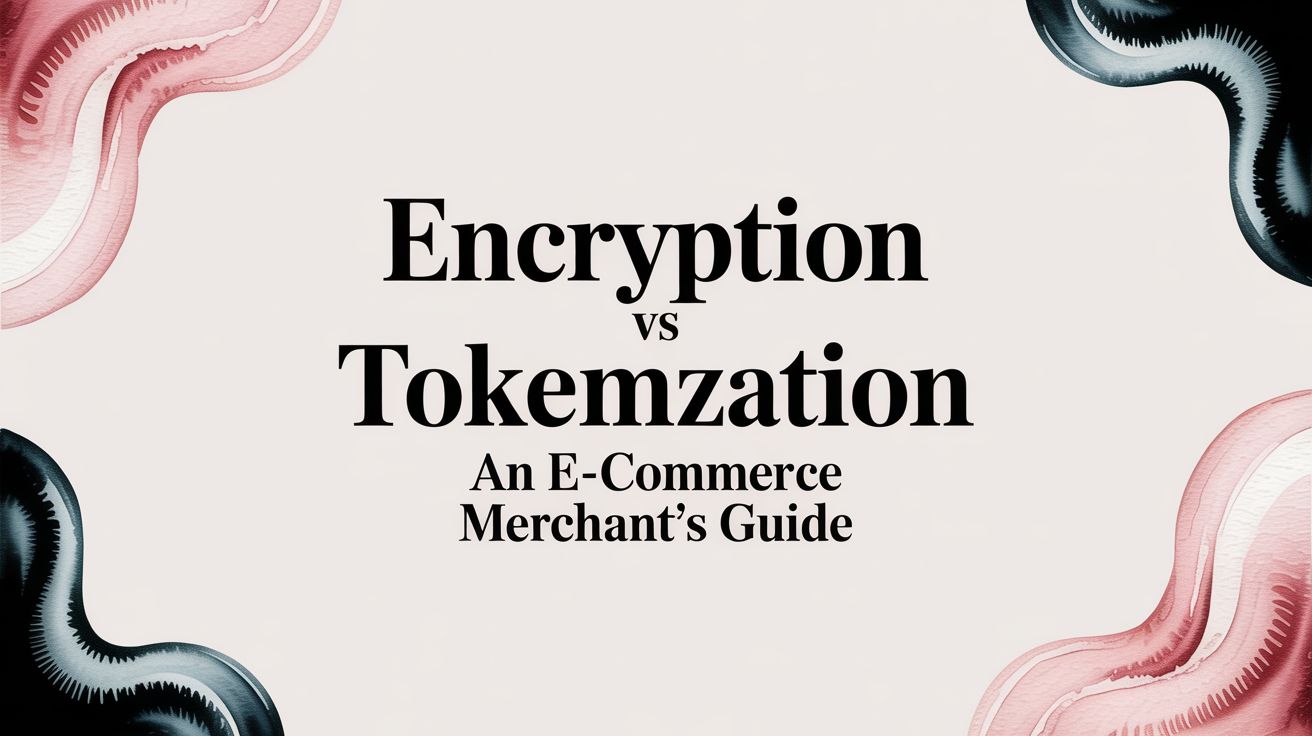
Chargebacks are incredibly challenging to deal with, more so for merchants accepting or looking to accept crypto as a payment method. The fear of losing a transaction, exchange fees, chargeback fees, and the crypto is real.
However, the word doing the rounds is that crypto chargebacks are not really a thing. The nature of blockchain technology (on which cryptocurrency operates) is such that the transactions are irreversible. This is the very reason many merchants are convinced to accept crypto payments because they are not subject to chargebacks.
This article tells you the truth about crypto chargebacks and everything else a merchant needs to know.
Are crypto chargebacks the same as others?
The answer to the question of ‘Is crypto chargeback a thing’, is that it depends on the partner platforms, such as the crypto exchanges and payment service providers.
And, ‘NO’, crypto chargebacks are not the same as others. Let’s first understand how a crypto payment works.

Crypto transactions are recorded in the blockchain network, a kind of digital ledger designed to store information in blocks. Its unique traits are cryptography and irreversibility because each new piece of data is added as a new block, and no existing block can be modified. When a transaction is executed, it is permanent and cannot be reversed.
As a result, a chargeback will never lead to a reversal of a transaction done using crypto. So, they are not a part of the Fair Credit Billing Act and remain unaffected by the requisites of it.
There is no central control over crypto transactions. Hence, there is no issuing bank or a regulating authority where customers can lodge a dispute. The price of a cryptocurrency itself fluctuates like a share price, and it is decentralized, giving no institution the regulating authority.
Since there is no regulating authority, the general chargeback process framework does not apply here. Some stock exchanges and payment service providers provide an option to raise a chargeback request with them. This makes it possible to raise a chargeback but does not guarantee success. It is very difficult to trace a transaction on the blockchain network and resolve a dispute.
How do crypto chargebacks work?
There is no typical process for a crypto chargeback and basically depends on the exchange and payment service provider. But this is what a general overview might look like.
1. Dispute initiation
The customer can file a dispute with whichever channel facilitates a dispute process. It can either be the cryptocurrency exchange, wallet provider, or payment service provider. A customer can also raise the request with you, the merchant, for a refund because of fraudulent or unauthorized crypto transactions.
2. Investigation
The channel which received the dispute requests now launches an investigation into the process. It goes through all the records, such as transactions, communications, and customer evidence, to see the legitimacy of the dispute and come up with a solution.
3. Informal resolution
Because of the nature of the crypto transactions, the exchange/wallet provider/payment processor first tries to informally notify the counterparty of the transaction. It provides a medium of communication for both parties to help them negotiate and find a resolution.
4. Formal appeal and resolution
If unsatisfied with the resolution, the customer can formally lodge a dispute request now. It means the customer can fill out a chargeback form, raise a ticket, or use any other method provided by the exchange/wallet provider/payment processor.
5. Formal resolution
The medium now formally goes through the chargeback request by reviewing all the documents provided. Relevant terms of service, transaction policies, and regulatory requirements are also taken into consideration. Based on all this evidence, the medium rolls out a decision in favor of or against the customer and launches a refund process accordingly.
6. Counter appeal
Now, if the resolution is in favor of the customer, the merchant can counter-appeal it. Here, the counterparty has to submit evidence to support its case and prove that the dispute is indeed false.
Final decision
This is the final execution process, where the final resolution is executed. The medium first communicates the decision to both parties and then goes on to execute it. It is either releasing a refund or closing the case.
The process is not as easy and simple as it sounds. The timeframe for this process is not fixed and can take 60 days to forever. Plus, there is no guarantee of resolution in the investigation process. Some instances are handled carefully by the channel, accepting and resolving disputes, while others may take a back seat.
What are some common examples of crypto chargebacks?
According to a survey, 25% of US crypto buyers filed chargebacks, and 15% of all consumers surveyed said they had filed at least five disputes in the past year. Here are some examples of crypto chargebacks:
- Fraud - when customers fall prey to unauthorized or fraudulent transactions from their account, they can dispute the transaction. It includes but is not limited to, compromised crypto wallets, online scams, phishing attempts, theft, and more.
- Product-related - if the merchant accepts the crypto payment but does not deliver the product/service, the customer may dispute the transaction. For cases where the customer is not satisfied with the product, it may as well lead to a dispute request.
- Technical errors - system-related issues such as failures and outrages, integration issues, disruption issues, and other technical issues are also disputed.
- Billing errors - double charging, incorrect amount charged, or any other billing-related disputes fall under this category. The customers can raise a dispute for the same.
What are the downsides of facing crypto chargebacks?
As the merchant accepts crypto payments, you may be shielded from chargebacks to a great extent (chargebacks are rare in crypto). When faced, it is a struggle trying to deal with it because they are complex and have a great impact on your business. Here are some of the cons of crypto chargebacks.
- Financial impact - chargebacks in crypto have a direct impact on your bottom line. They come with a loss of business and hefty charges imposed by the stock exchanges and payment processors.
- Fraud - the price of cryptocurrencies is always fluctuating. It can rise or fall in a matter of a few hours. So when a customer uses crypto to make a payment and later finds that the price has increased, they may resort to chargebacks to get their crypto back.
- Irreversible - a crypto transaction is irreversible. Hence, any fraudulent transactions are also final and cannot be modified.
- Central authority - there is no regulatory authority governing crypto transactions. Merchants are not protected under any law. Hence, if a customer lodges a fraudulent dispute, it becomes difficult for a merchant to seek help.
- Guarantee - resolution is not guaranteed here. You may provide all the documents to support your claim, but it might not be in your favor, or you might be left hanging without judgment.
How can you protect your business from crypto chargebacks?
Though there are no fool-proof ways of shielding your business from crypto chargebacks, you can try. Here’s a good start:
- Security measures - verify every transaction to ensure the cardholder and the transaction are the same person. Implement security measures such as multi-factor authentication, encryption, and cold storage solutions as proof of identity. Additionally, implement security measures to safeguard cryptocurrency wallets, transactions, and payment processing systems.
- Payment processing frameworks - a bank transfer is an alternative payment process. It is much cheaper and easier to deal with because they are sometimes reversible in exchanges as compared to cards. Find more frameworks, weigh in the pros and cons, and execute to adopt them.
- Customer education - it is critical to inform your customers of the complexities and limitations of crypto transactions. Make the terms and conditions clear and accessible to all the customers.
- Be proactive - keep your doors open to encourage your customers to communicate with you first and come to a refund-like resolution. Letting them go down the chargeback route is not financially healthy for your business.
The crypto industry and crypto-facilitated transactions have started to pick up the pace. So there will be a rise in crypto chargebacks as well. Therefore, you need to build a process to deal with it and also prevent it. Leverage automation and the power of AI to use all the data you have and build a case to fight a chargeback. There are also a bunch of preventive measures you can take to mitigate crypto chargebacks.
ChargePay comes to your rescue here. We can help you automate the process of handling chargebacks and also prevent them from happening. Our extensive data analysis ensures precision and harbors up to 80% of lost revenue with automated chargeback management.
Choose ChargePay to effortlessly manage crypto chargebacks and streamline your operations.







.svg)







.svg)
.svg)
.svg)